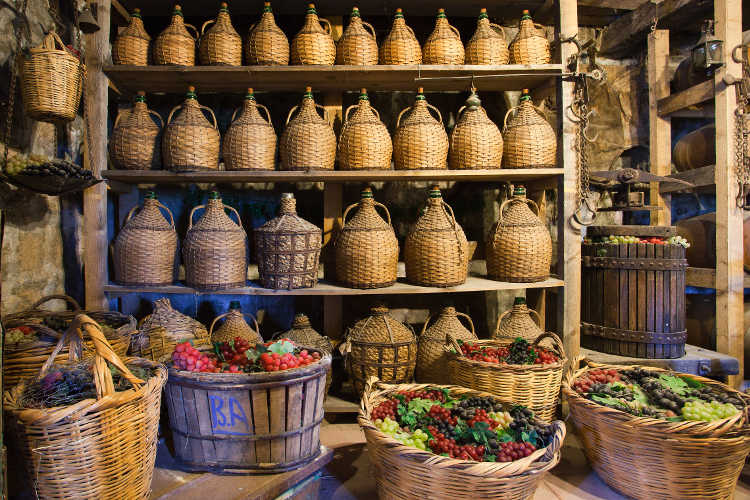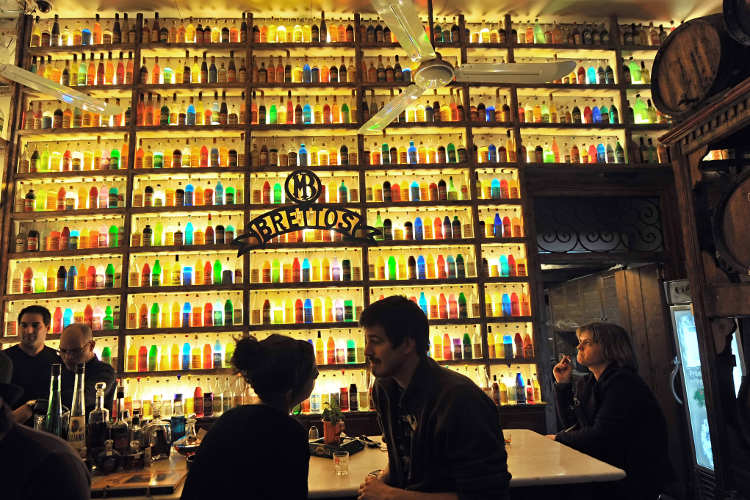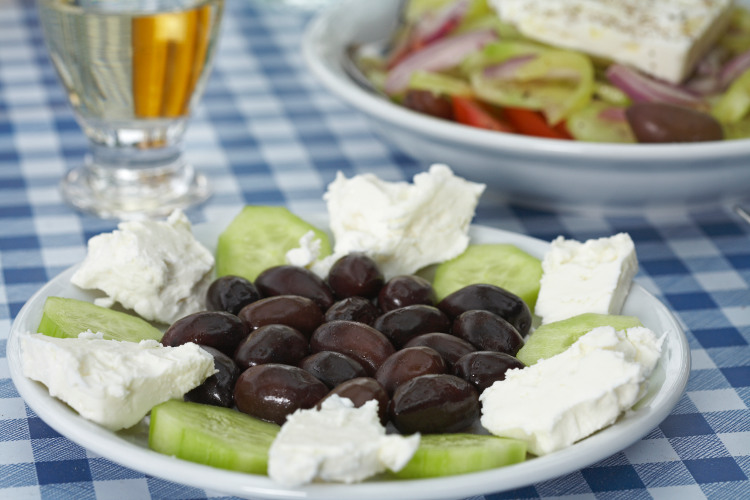So gather around, oenophiles, brew fiends and the hangover-immune: here’s your ultimate drinking guide to Greece.

In the beginning, there was tsipouro. Long before ouzo became the hangover-inducer of choice for Greek summer holidays, and before metaxa (a blend of brandy and wine) first awakened taste buds, tsipouro was distilled on Greece’s holiest mountain.
This clear pomace brandy (that is, created from the leftovers of a wine pressing) first set heads spinning during the 14th century. Early tsipouro was first distilled by the monks of Mt Athos, an all-male religious community in Halkidiki.
The effect of tsipouro on spiritual uplift among the monks isn’t well documented, though it may well have induced a vision or two. Modern pilgrims continue to report that generous glugs of homemade tsipouro are a feature of being welcomed to this isolated spot. If you’re fortunate enough to visit Mt Athos, you can sip the homemade stuff right at the source.
Today, this powerful spirit (usually with a minimum of 40% alcohol) is distilled in Crete (where it’s known as tsikoudia) and right across mainland Greece, from Thessaly to Greek Macedonia. Tsipouro turns into ouzo with the addition of anise flavour; but unlike ouzo, which makes a fine addition to cocktails (like ouzitos), tsipouro tends to be drunk neat.
Sipping on tsipouro – try saying that after a few swigs – has an immediate effect. Your nostrils flare and your throat burns pleasantly. Expect offers of tsipouro to accompany anything from checking in at a pension to toasting the beginning or end of a meal.

So your head’s a little sore after knocking back the monks’ favourite tipple? It’s time to take a more leisurely pace. And it doesn’t get slower than Greek wine culture, which has been developing for more than six millennia.
In the ancient world, Greek wine was a household affair, with small-scale production in private vineyards and villages. The understandably popular cult of Dionysus (the god of wine and merriment) added extra impetus to winemaking, and the Ancient Greeks were soon bringing vines over to colonies in present-day Italy, Spain and beyond.
Today, Greek wine doesn’t have acclaim to match globally renowned producers such as France, South Africa and New Zealand. But perhaps that’s because they’re keeping the good stuff for themselves. Must-try varieties include Peloponnese reds made from agiorgitiko grapes, limnio grapes grown on Limnos, and the sparkling white wines of Epiros made from the crisp debina grapes.
Plenty of Greek wineries will pour you a generous glass among rolling vineyards. Iraklio Wine Country is an especially good choice, with its head-spinning choice of wineries around Peza, Arhanes and Dafnes. The fertile region surrounding Nemea is also blessed with excellent wine; take a tour of Gaia Wines and Lafkiotis Winery to taste-test a few.

Observe carefully before you gulp that innocent-looking white wine. If it has a pungent tang of pine and a suspiciously golden hue, you’re holding a glass of retsina.
For more than two millennia, pine resin was used to stopper wine vessels to prevent the contents from souring. The extra flavour soon became a feature, spawning retsina as a distinct drinking tradition. Even ancient polymath Pliny the Elder (who famously fell victim to the volcanic eruption which destroyed Pompeii) found time in between philosophizing to opine about which resins imparted the best flavour.
Retsina is sweeter and stronger than standard wine, though the quality varies enormously. It’s served across the country, ideally very cold with ample mezedhes (small dishes) to pace your sips. Plenty of Greek wineries produce retsina; find an especially fruity one at family-run Kamara Winery , north of Greece’s second city Thessaloniki.

Whether it’s traipsing the Acropolis or hiking the Samaria Gorge, a chilled bottle of Mythos beer has long been the conclusion to a day exploring Greece. But beer production is a positive toddler compared to Greece’s more long-standing booze-brewing endeavours.
Though imported beers have long been drunk in Greece, beer production only began in earnest in 1864 with the foundation of Fix, Greece’s first major brewery. You can still snap open a bottle of Fix Hellas, but the real thrill for modern hopheads is Greece’s up-and-coming craft-beer scene. In Greek Macedonia, look out for Vergina Beer and Voreia India Pale Ale. Over on Santorini, Donkey beers produced by Santorini Brewery Company are also winning high praise.
The best way to find the cutting edge of this relatively new trend is a dedicated beer pub in a big city. Get cosy at Beer Time in Athens for a great selection of beers hand-picked from microbreweries across Greece. Alternatively, head to Thessaloniki for Beerstore’s local (and imported) beers, and The Hoppy Pub which has a few excellent local drops among its astonishing geographic spread of draft and bottled beer. You can also shop for bottles to take away – luggage space permitting – allowing you to share the latest in Greek drinking culture with everyone back home. Yamas (cheers)!